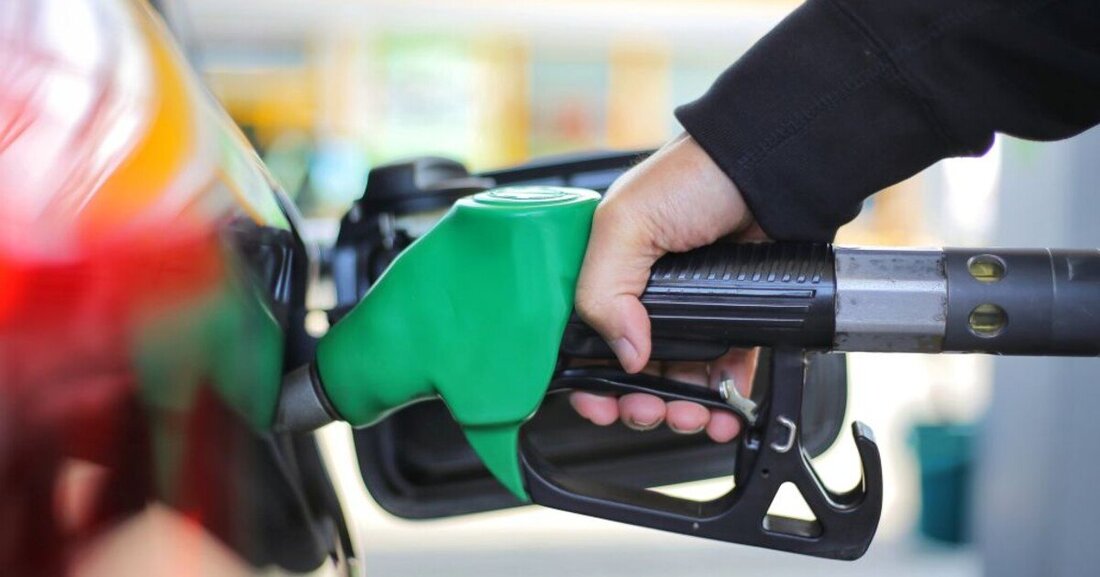Drivers' clubs are railing against increases in the tax
The increase in mineral oil tax (MöSt) is hitting motorists hard. The ARBÖ criticizes the government's plans, fears a two-class society and emphasizes that ultimately all those who rely on environmentally friendly plug-in hybrid vehicles will have to pay more. The ÖAMTC is calling for relief for commuters. The “My Car” association is also sounding the alarm.

Drivers' clubs are railing against increases in the tax
With the planned 50 percent increase in MöSt, domestic drivers will face high additional costs. In the future you will have to pay 10 euros more for diesel and 12.5 euros more for Eurosuper 95 - per 50 liter tank filling, mind you. If you fill up with a total of 100 liters of fuel more than twice a month, you have to budget at least 20 euros more; extrapolated per year, this results in additional expenses of 240 to 300 euros.
The additional costs affected by the MöSt increase apply to all of the 5.1 million registered passenger cars, including those vehicles that are driven with environmentally friendly plug-in hybrid drives. In addition to the fundamental injustice that such a mass tax entails, the ARBÖ also sees an incomprehensible mechanism. Climate-friendly behavior will ultimately be punished.
“A tease”
"It's actually a joke: First, consumers are made a not-so-cheap plug-in hybrid vehicle palatable by means of subsidies through the e-mobility package and then the MöSt is increased, so that the customers actually pay for the subsidy themselves. This lacks any logic and is reminiscent of sleight of hand," ARBÖ Secretary General Gerald Kumnig criticizes the plans of the turquoise-green federal government.
For the ARBÖ, illogical measures like these show that the government is not interested in greening private transport, but only in increasing the financial burden on drivers. Owning and operating a car will probably become unaffordable for the majority of Austrians. "The government can think of nothing else than to turn the tax screw until a two-class society is created. This is poison for the social climate and does not help in any way the ecological climate protection that is so important," criticizes Kumnig.
Other stakeholders see it similarly. "If you take the example of Germany when it comes to the CO2 tax, the price increases now planned add up to around 50 cents per liter of fuel. However, there is no mention of the promised compensation measures in the Climate Protection Act. The proposal is purely a burdensome action," says Bernhard Wiesinger, head of the ÖAMTC interest group. He advises a differentiated approach: "It would make sense - unlike now - to tax the business more heavily instead of the ownership of vehicles. A redistribution by means of a watering can would be unfair. Therefore, if the MÖst is increased or the introduction of an additional CO2 tax on fuel, we demand relief of the same amount for the motor-related insurance tax as well as compensation for commuters."
For the ÖAMTC there is no question that transport must and will make its contribution to climate protection. However, the mobility club finds it completely incomprehensible that when it comes to climate protection in transport, the only thing discussed is new taxes. Alternatives, especially sustainable fuels, are deliberately ignored.
“Neither ecological nor social”
Burkhard Ernst, the chairman of the association "My Car - Initiative to Promote Individual Mobility", also doesn't think much of the eco-social tax reform announced by Federal Minister Leonore Gewessler: "This tax reform is neither ecological nor social because it is being carried out on the backs of those who depend on their cars: commuters from rural areas, families, older people or small business owners who have no alternative to a car. In addition, these plans would lead to the elimination of fuel tourism and thus to losses of around one billion euros Mineral oil tax revenues in the state treasury,” says Ernst.
Instead of automatic tax increases, there would be an urgent need for positive incentives to relieve the burden on consumers, the environment and the economy. Ernst: "Always new taxes - anyone can do that. Where are the positive ideas that reward climate-friendly behavior? Combustion engines, for example, can also be operated with synthetic fuels or hydrogen and would therefore also be CO22-neutral. This is hardly taken into account in the current proposals. Above all, an eco-bonus would provide a concrete, immediately measurable improvement in CO2-Emission values mean.”
If consumers decide to buy a new vehicle and have their old car (emissions classes EURO 0 – 2) scrapped at the same time, they should receive a bonus of 1,500 euros. Ernst advocates a bonus of 3,000 euros for electric vehicles and vehicles with environmentally friendly drive engines. "The economy, consumers and the environment benefit from an eco-premium. This is a quick win for everyone, which the federal government should make possible quickly," demands Ernst.
He also emphasizes the importance of the domestic vehicle industry: This employs around 355,000 people, including suppliers and the upstream and downstream economic sectors, and around 25,000 employees are directly involved in the production of engine or transmission parts. According to Ernst, they generate a production value of over 15 billion euros per year.

 Suche
Suche
 Mein Konto
Mein Konto